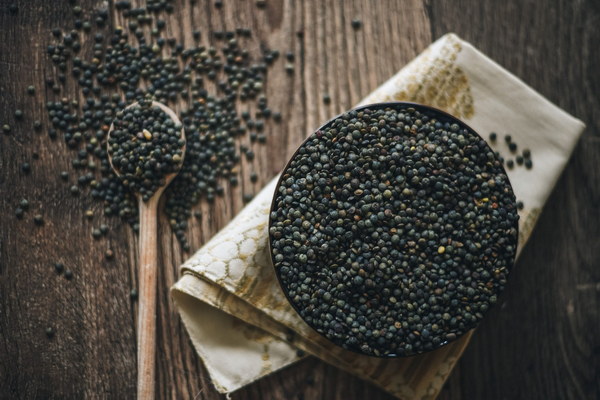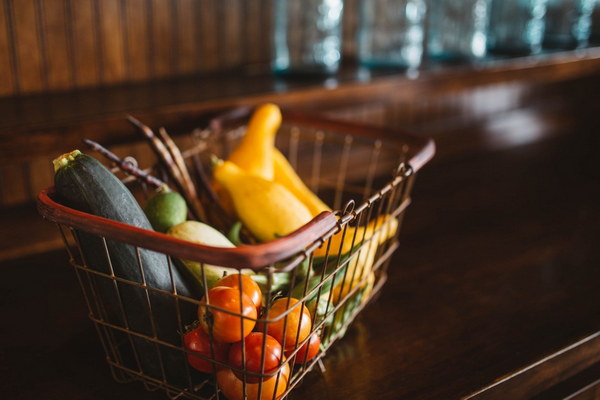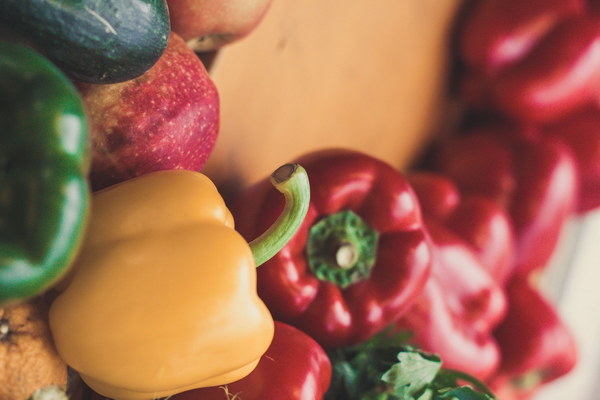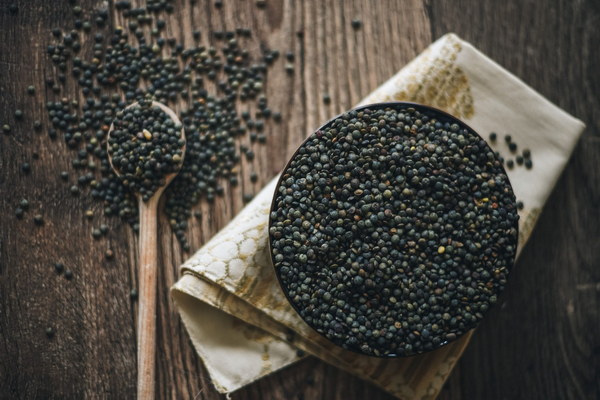Nourish Your Stomach and Spleen A Guide to Traditional Chinese Dietary Remedies
In Traditional Chinese Medicine (TCM), the concept of nourishing the stomach and spleen is of paramount importance, as these organs play a vital role in the body's overall health and digestion. The stomach and spleen are responsible for transforming food into nutrients, which are then distributed throughout the body to support various functions. When these organs are not functioning optimally, it can lead to a variety of health issues. This article will explore the significance of the stomach and spleen in TCM, and offer a comprehensive guide to using dietary remedies to enhance their function.
The stomach and spleen are considered the source of postnatal qi, as they are responsible for transforming food into energy, which sustains the body's vital functions. In TCM, the spleen is associated with the element of earth and is responsible for transporting and transforming nutrients, while the stomach is associated with the element of fire and is responsible for breaking down food and absorbing nutrients.
When the stomach and spleen are weakened, it can lead to various symptoms, such as fatigue, weight gain, bloating, gas, and digestive issues. To address these issues, TCM practitioners often recommend dietary remedies that are rich in nutrients and easy to digest, as well as foods that help to balance the body's yin and yang.
Here are some key foods and dietary recommendations for nourishing the stomach and spleen in TCM:
1. Sweet Potatoes: Sweet potatoes are a staple in TCM, as they are easily digestible and rich in vitamins, minerals, and fiber. They help to strengthen the spleen and stomach, and can be consumed in a variety of ways, such as in soups or as a side dish.
2. Millet: Millet is another stomach and spleen-nourishing food, as it is gentle on the digestive system and contains properties that help to balance the body's fluids. It can be cooked into a porridge or mixed with other grains.
3. Rice: White rice is a staple in many Asian diets and is considered beneficial for the stomach and spleen due to its mild, nurturing properties. It is best consumed in moderation, as too much can lead to dampness and weight gain.
4. Quinoa: Quinoa is a gluten-free grain that is rich in protein, fiber, and nutrients. It is an excellent option for those looking to strengthen their stomach and spleen, as it is easy to digest and helps to balance the body's yin and yang.
5. Root Vegetables: Root vegetables, such as carrots, beets, and turnips, are excellent for the stomach and spleen due to their grounding properties. They can be consumed raw, cooked, or juiced.
6. Herbs and Spices: Herbs and spices such as cinnamon, ginger, and turmeric can be used to flavor dishes and provide additional health benefits. These spices have warming properties that help to stimulate digestion and support the spleen.

7. Soups and Stews: Soups and stews are a great way to nourish the stomach and spleen, as they are easy to digest and provide a variety of nutrients. Chicken soup, bone broth, and sweet potato soup are all excellent choices.
8. Avoidance of Cold and Raw Foods: In TCM, cold and raw foods are believed to weaken the spleen and stomach. It is best to avoid these foods, especially during the colder months, and opt for warm, cooked meals instead.
By incorporating these dietary remedies into your daily routine, you can help to strengthen your stomach and spleen, leading to improved digestion, increased energy levels, and overall better health. It is important to remember that TCM is a holistic practice, and that dietary changes should be accompanied by other lifestyle adjustments, such as regular exercise and adequate rest.
In conclusion, the stomach and spleen are essential organs in Traditional Chinese Medicine, and nourishing them is crucial for overall health and well-being. By following the dietary recommendations outlined in this article, you can support these organs and enjoy the numerous health benefits that come with a strong and healthy digestive system.









